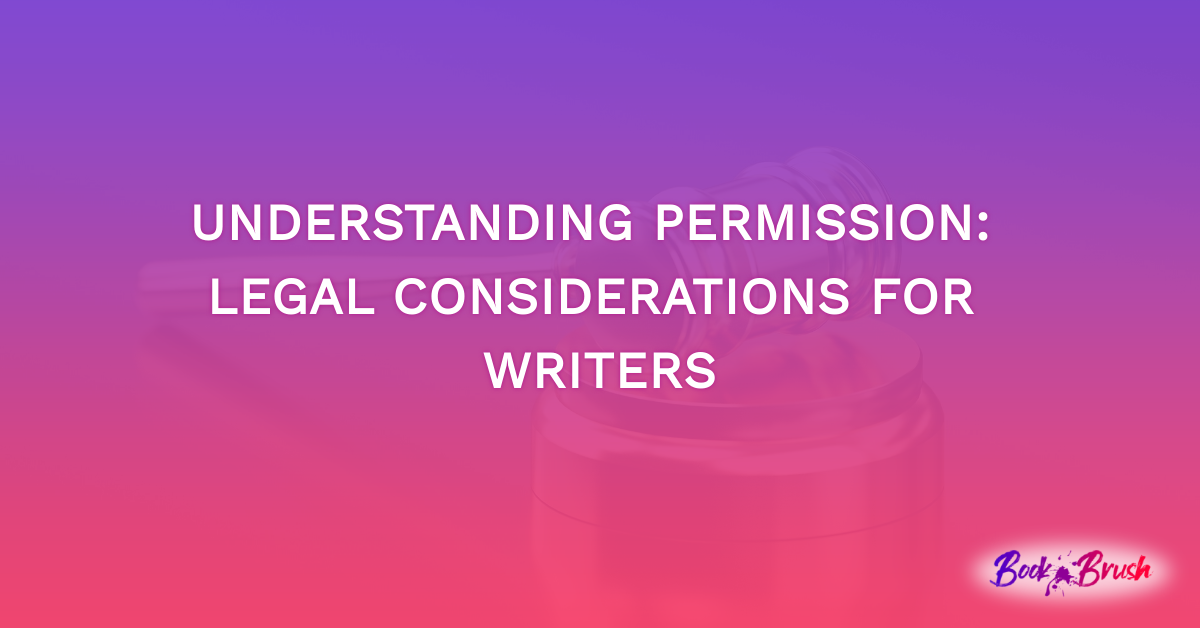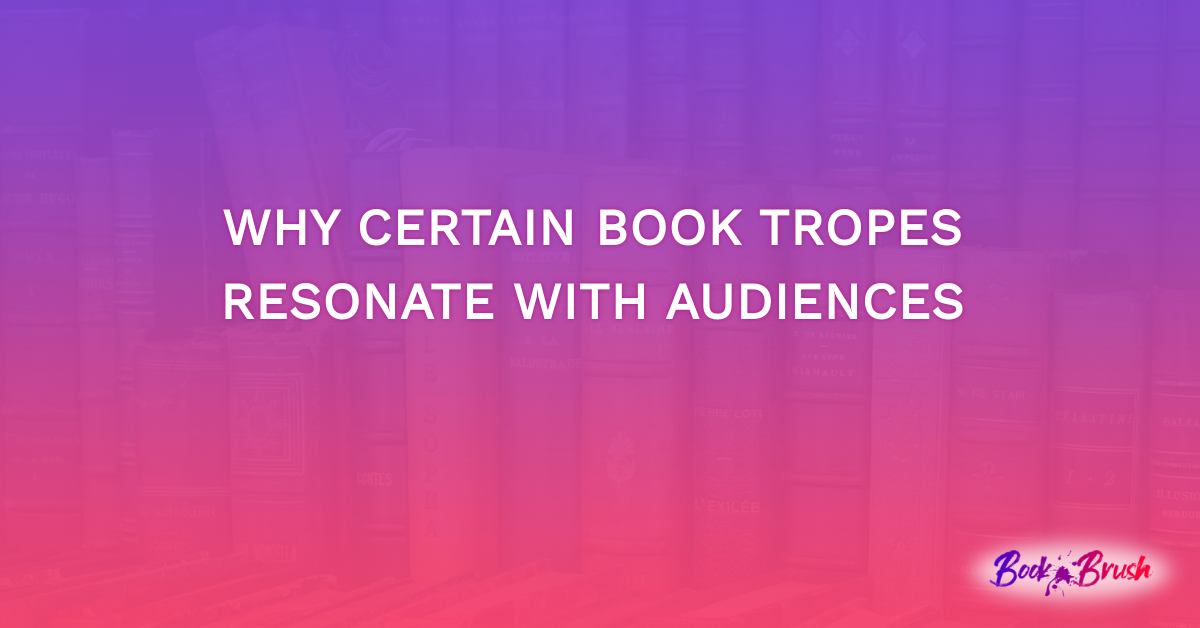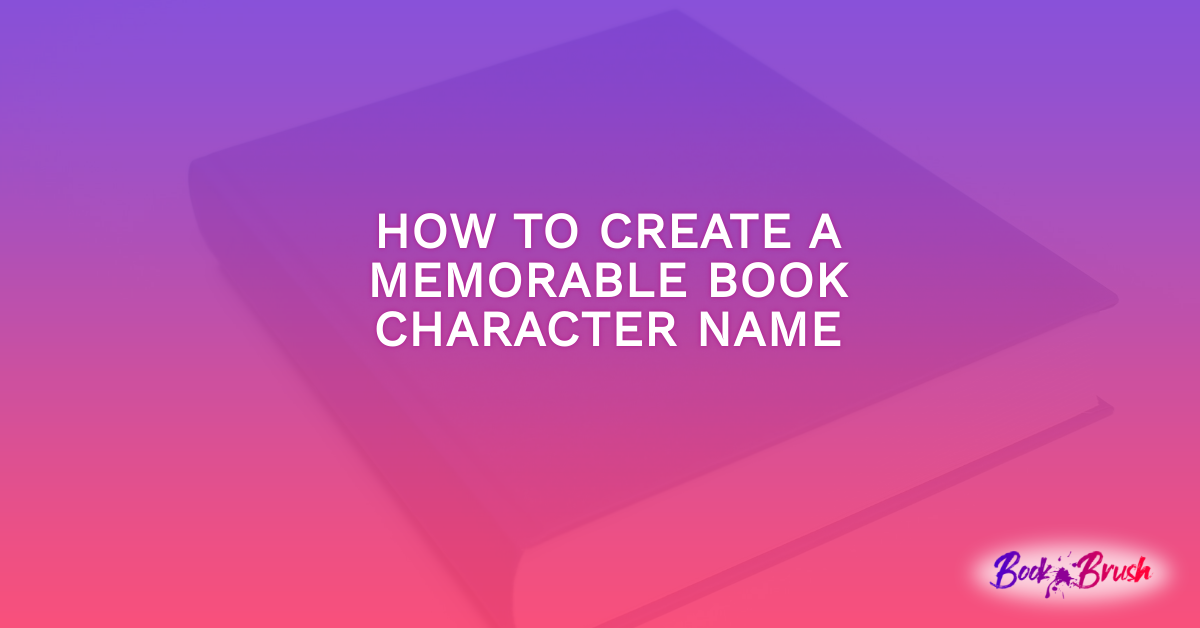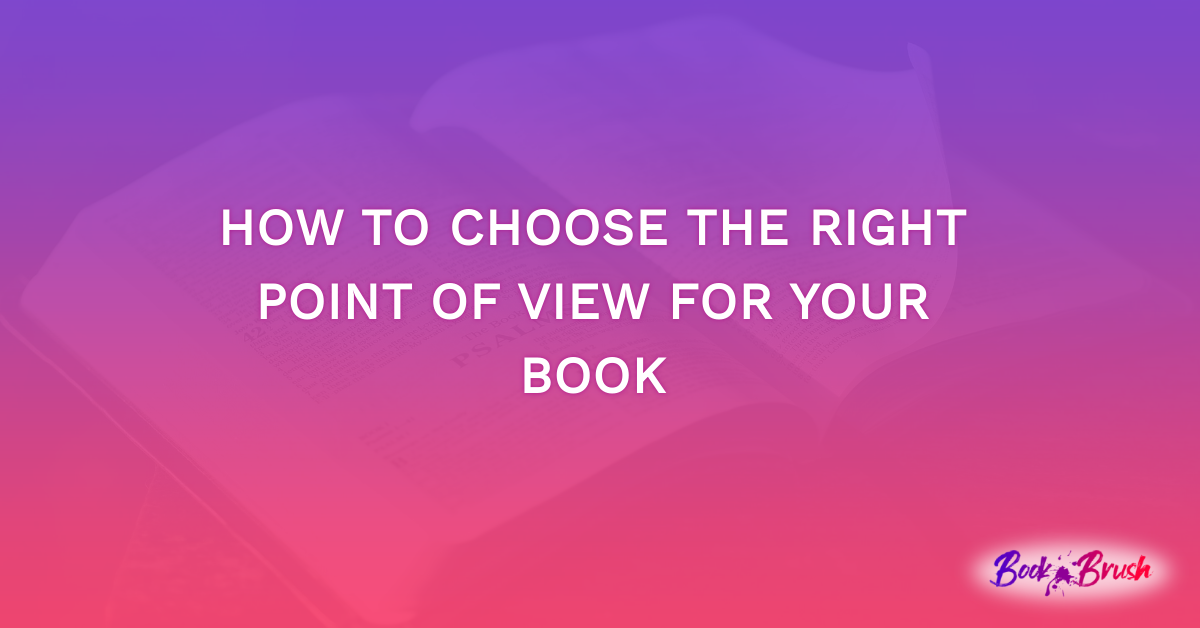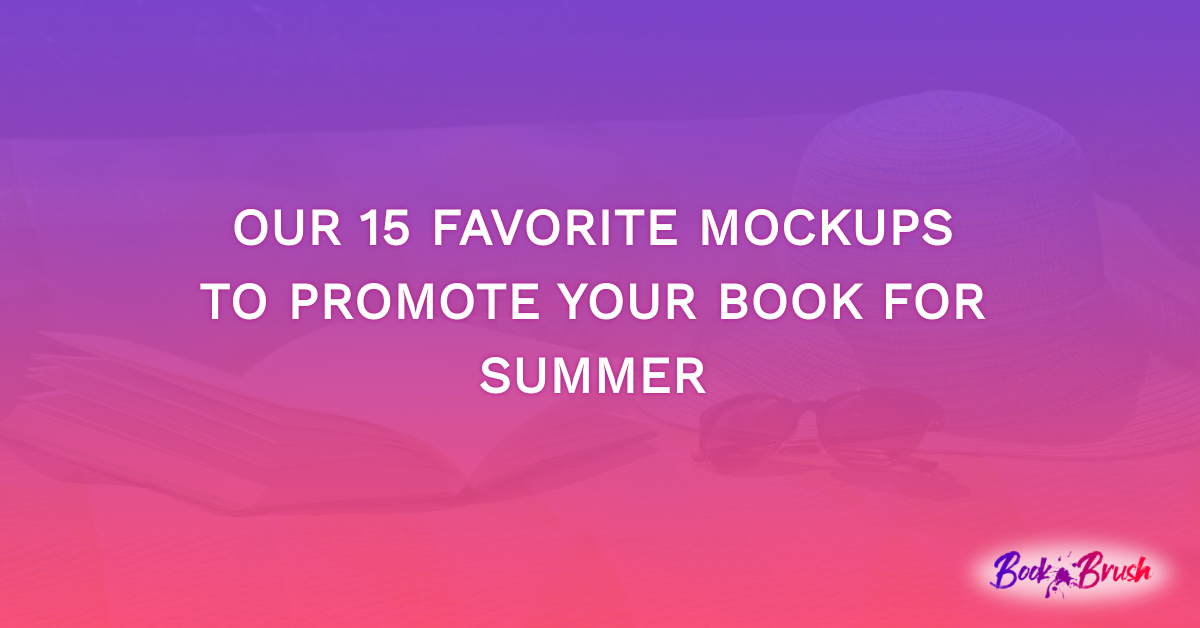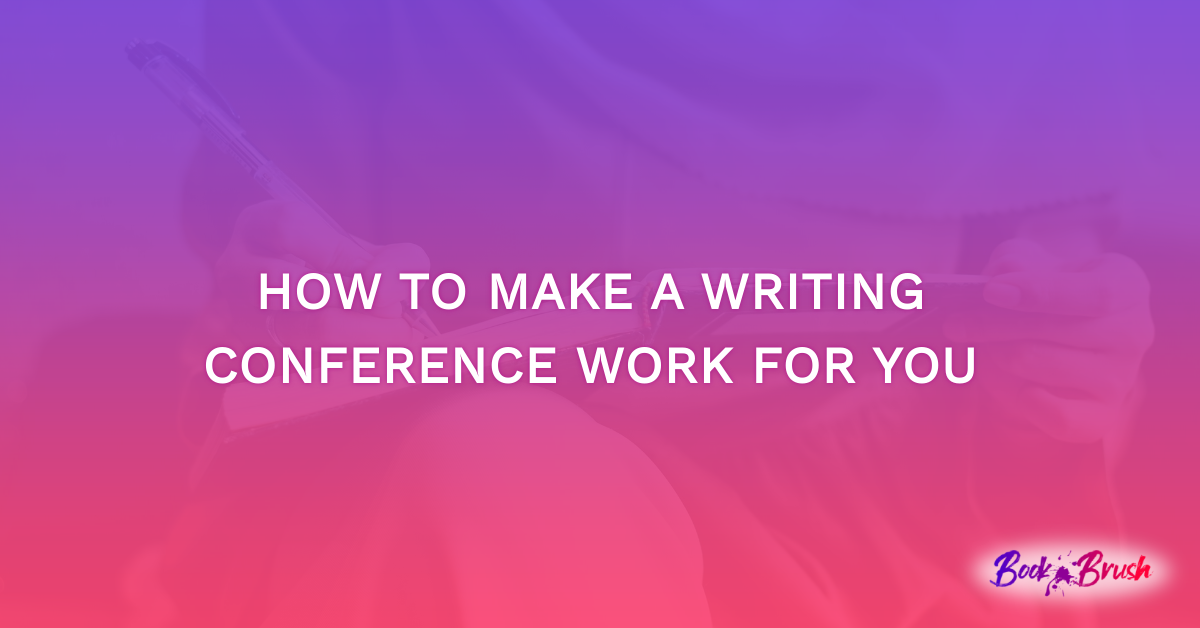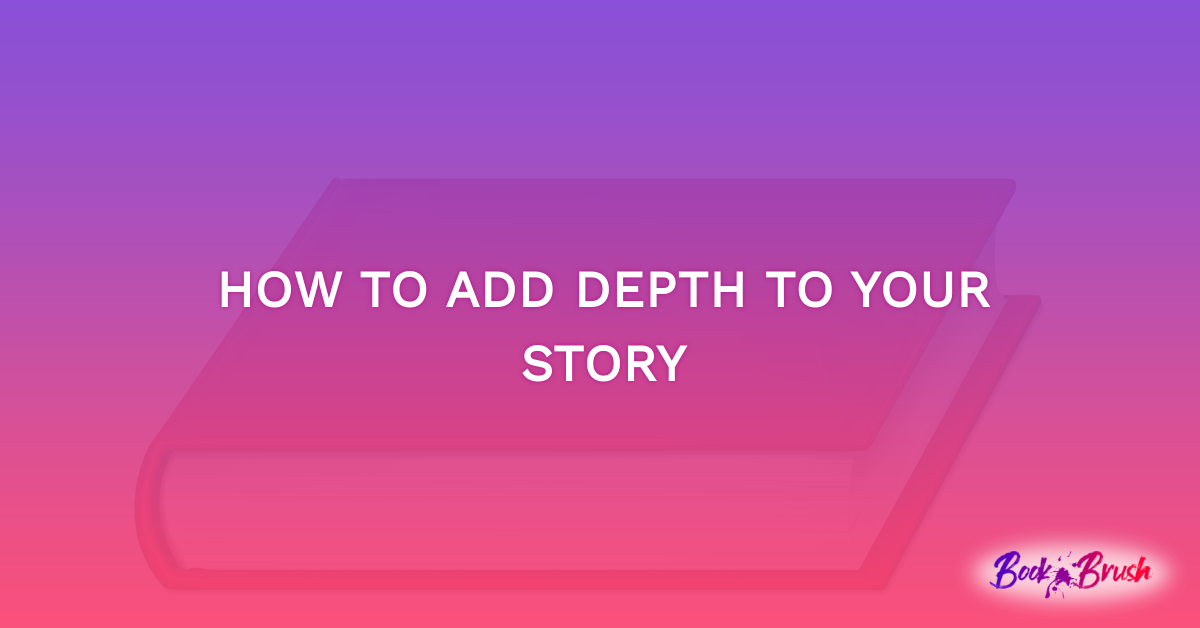I hear this question almost every time I host a writing retreat or WriterCon:
When do I need permission?
To write? Never. Wait around for that and you’ll never publish anything.
To mention celebrities in my book? Never. But I would be careful about what you say. Why offend? You don’t need a lawsuit in your life.
To mention real-life places? Never, but again, don’t ask for trouble. If the description is going to be negative in some way, make it up, like my make-believe country club in Cruel Justice. There are country clubs in Tulsa, but since the one in my book was going to have a bad father and potential murderer on the grounds, I created a fictional one. And just to be safe, I put it in a location where no country club could possibly be. No lawsuits. (But a few emails from folks telling me they’d been to Tulsa and couldn’t find the country club.)
To mention the title of a book, song, or movie? Never. That’s like referencing a fact. You aren’t infringing on anything copyrighted so you don’t need permission.
To include a link to something on the web? Never. It’s just a link. This is true even if the link is to something that shouldn’t be on the web, like work still under copyright protection. You can’t upload copyrighted work, but if someone else has, you can link to it.
To quote something in the public domain? Never. If it’s not protected by copyright, you can quote with wild abandon. Currently under US law, everything published before 1926 (and some work published after) is in the public domain.
To quote or reproduce someone else’s creative work?
Ah, now we have a tricky question. This takes us into the realms of permission and fair use, so I’m going to get legal on you, but I hasten to say (as I am required to do) that I am not your lawyer, I do not represent you, this should in no way taken as me offering legal advice, and you should always consult your own attorney before taking action. Understood?
I frequently see manuscripts from writers that use song lyrics as an epigraph. I had one recently with dozens of song lyrics spread throughout the book (you know who you are). Generally speaking, if you want to quote more than one line of a lyric, you need to ask for permission and you will almost certainly be paying someone a licensing fee. What constitutes one line? There is no clear legal rule on that. Is it a musical phrase? A complete grammatical sentence? No one knows for sure, so again, my advice is, don’t risk it. Use as little as possible, or none at all.
For one of my earliest novels, Perfect Justice, I wanted to use a Mary Chapin-Carpenter song lyric that I thought beautifully and meaningfully reflected the theme of the book. Just four phrases, arguably two lines. And my publisher told me they would contacted her music publisher and this would be no problem. They would just deduct the $800 from my royalties.
I switched to a quote from Blaise Pascal. He’s long dead and thus no longer charging fees.
How much can you quote from a source? Some people still say one line, even when you are quoting prose. Some have tossed around a “300 words” rule. Some say no more than 10% of an article. But none of these rules are enshrined in law. They are guidelines, not absolutes. So the safest course is always to err on the side of quoting as little as possible.
This leads us to the doctrine of “fair use,” one of the muddiest areas of the law. Courts have allowed critics and other nonfiction writers to quote copyrighted work, but what constitutes “fair use” is a judgment call, and getting judgments from judges is expensive and risky. The court will apply four criteria to its decision:
- Purpose: Is the quote for commercial use, or not-for-profit/educational use?
- Nature: Facts can’t be protected, but creative work gets the strongest possible protection.
- Quantity: The more you quote, the more likely you are to run into trouble. Most publishers limit quotations to 200-300 words from a single source.
- Market Impact: Will your quoting deter readers from purchasing the quoted work? Have you made the source unnecessary or irrelevant?
The safest course, natch, is not to quote. But if you must and you think there’s potential danger, ask your publisher, or if you don’t have one, consult an intellectual property lawyer.
Remember: Identifying or citing the course does NOT mean you no longer need permission to quote.
And by the way, the same essential rules apply to visual works. Get permission, pay a fee.
 Article by William Bernhardt
Article by William Bernhardt
William Bernhardt is the bestselling author of over fifty books, including Shameless (Kenzi Rivera 3), the Daniel Pike legal thrillers, two historical novels, two books of poetry, and the ten books in the Red Sneaker Writers series.
He is the founder of the Red Sneaker Writers Center, which offers writers a free biweekly podcast, a free biweekly e-newsletter, small-group writing retreats, and WriterCon.
William Bernhardt is a sponsor of BookMARCon powered by Book Brush.
